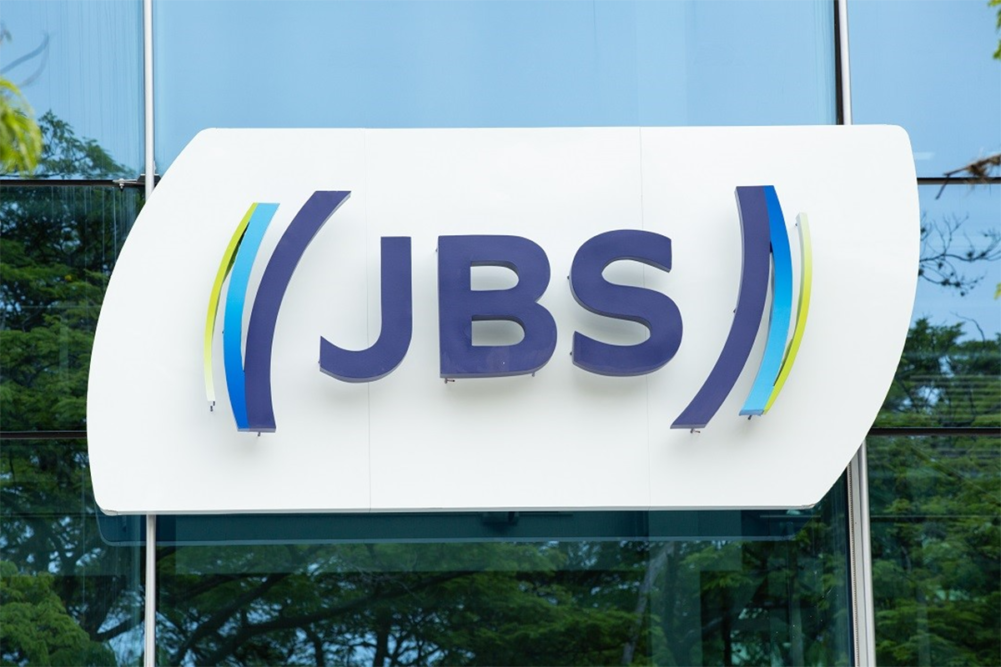SÃO PAULO — JBS SA released its 2023 Sustainability Report, which updates its sustainability approach, initiatives and strategies in action across the value chain and its global goals.
The global meat producer continues implementing strategies across Australia, Brazil, Canada, Europe, Mexico, New Zealand, the United Kingdom and the United States.
“As a food company with operations in 20 countries, we are part of a resilient global food system tasked with increasing food production to feed a growing global population,” said Gilberto Tomazoni, chief executive officer for JBS Global. “Sitting in a pivotal position in the food value chain – upstream from rural producers, grain originators, and input suppliers, and downstream from distributors, retailers, restaurants, and consumers, JBS can help influence and drive change across a complex supply chain.”
To help with sustainability efforts, JBS plans to assist farmers with stewarding natural resources and enhancing productivity. The company also wants to help source responsibly produced sustainable food, strengthen food systems and operate responsibly.
“As we tackle the many sustainability topics that need our attention, taking a systems approach is key,” said Jason Weller, JBS chief sustainability officer. “This encourages and allows for innovation, collaboration, prioritization and investment – all of which are essential to making meaningful progress.”
Notable sustainability updates in 2023 include approving hundreds of projects for scope 1 and 2 emissions reduction to be implemented in JBS facilities. The projects totaled more than $150 million.
Additionally, more than $5 million in partnership projects have been approved to further the JBS Scope 3 greenhouse gas emissions reduction strategy.
JBS continues to work on initiatives for transparency and traceability in the livestock supply chain like its Transparent Livestock Farming Platform in Brazil, climate-smart facility upgrades and an off-grid poultry of the future program in the United Kingdom.
Multiple methane-to-renewable-energy conversion initiatives are being established in the United States and Australia.
“Our belief at JBS is that no one company or organization can address the issues we face alone,” Weller said. “As such, we look to partner with stakeholders throughout the value chain to more effectively address this critical work. We invest time, expertise and resources into creating a better future and a more resilient food system in key areas such as economic viability, environmental quality, global food security, affordable food choices and improved quality of life for people doing the work.”
More information on the sustainability report can be found here.


